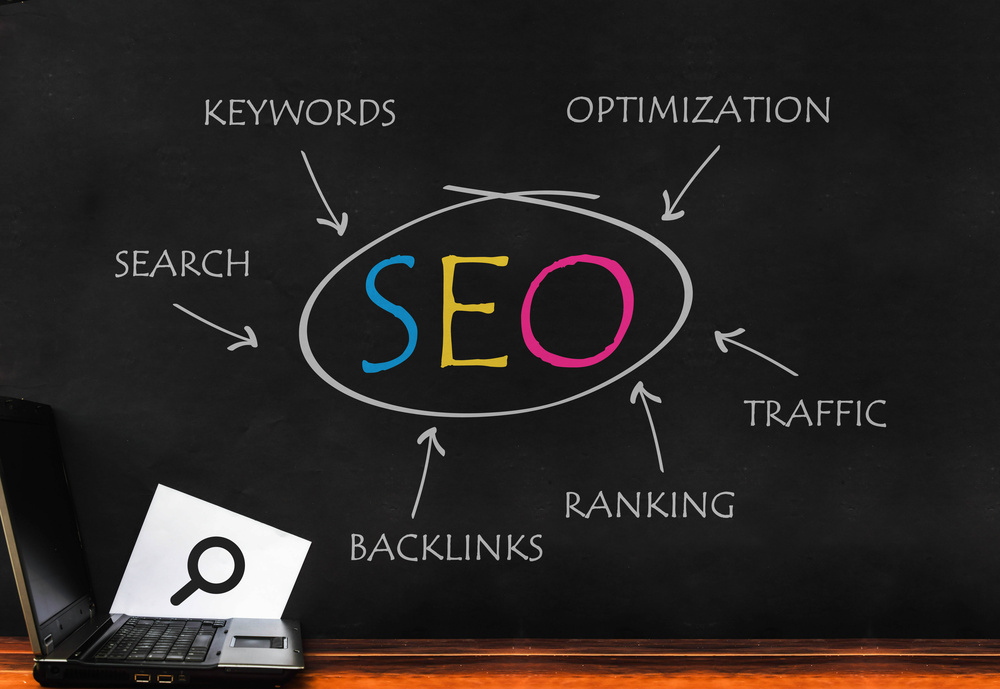Search engine optimization (SEO) is a constantly evolving discipline. It has been evolving ever since the earliest search engines were born. Needless to say that the Google and Bing of the 2020s are very different from their predecessors like Alta Vista and Lycos. The question on the mind of many an SEO expert right now is this: what does SEO look like heading into 2025?
With just a few weeks to go until we turn the calendars, some aspects of SEO will remain static for the next 12 months. But there are big changes coming in other areas. Utah SEO provider Webtek Digital Marketing says that there are three things in particular to keep an eye on.
1. The Rise of EEAT
Those of us in the SEO industry love acronyms. We seem to have an acronym for just about everything. In the coming months though, one of the most important acronyms is going to be EEAT. It stands for ‘experience, expertise, authoritativeness, and trustworthiness’.
Webtek explains that EEAT is a strategy for creating the kind of content that not only appeals to users, but also satisfies Google’s push toward improved quality and relevance. It is rooted in Google’s stated belief that content creators should focus on consumers first, rather than search engines.
In the coming months, there will be a greater emphasis on content creators prioritizing originality by leveraging their own experiences and expertise to produce information consumers actually trust. Verifying authorship, authority, and authenticity will also go a long way toward building trust.
2. AI’s Role Will Change
The push toward EEAT will be facilitated partly by the fact that the AI bloom is off the rose. A few years back, there were plenty of declarations that generative AI would mark the end of human content creation. That no longer looks likely – if it was ever likely at all.
AI will continue to play a role in SEO, but that rule is about to change. It will be a role based in blending AI-driven insights and analytics data with a human expertise and skill needed to create helpful content. If SEO firms haven’t figured it out yet, they will soon figure out that there AI-generated content offers limited benefits at best.
All of this is to say that AI-generated content has already started to flatline. This is to be expected given the fact that generative AI can only scrape data, form answers from it, and regurgitate information that has already been published online. In the end, it cannibalizes itself. It has no other choice.
3. Greater Emphasis on Technical SEO
The web has become a crowded place in terms of content volume. That leaves search engine’s little choice but to redefine how their algorithms rank sites. So in addition to relevance and authority, expect a greater emphasis on technical SEO.
Optimizing sites for better crawling will be a good idea in the coming months. Likewise for strategies that leverage structured data, comprehensive sitemaps, and clean code. There might even be a new push to improve sights heavy on JavaScript and Core Web Vitals. SEO experts should be prepared to up their technical games to better compete where content alone is not getting it done.
The coming year will be an interesting one from a SEO standpoint. From New York to California and Florida to Utah, SEO providers will have to work hard to keep up if they hope to remain on the leading edge. Those that do not will discover in due time that SEO has been content to move on without them.

 Cheap Autocheck helps verify ownership and title status without overspending
Cheap Autocheck helps verify ownership and title status without overspending  Online Betting Future – VIPTAKA, krikya, Baji Live, KTWIN Market Predictions
Online Betting Future – VIPTAKA, krikya, Baji Live, KTWIN Market Predictions  Dr. Edward Lubin: Customized Care Plans for Lifelong Comfort
Dr. Edward Lubin: Customized Care Plans for Lifelong Comfort  How Dr. Andrew Gomes Utilizes Advanced Imaging to Improve Brain Trauma Management
How Dr. Andrew Gomes Utilizes Advanced Imaging to Improve Brain Trauma Management  Understanding In-Play Odds and How They Create More Engaging Sports Betting Experiences
Understanding In-Play Odds and How They Create More Engaging Sports Betting Experiences 





